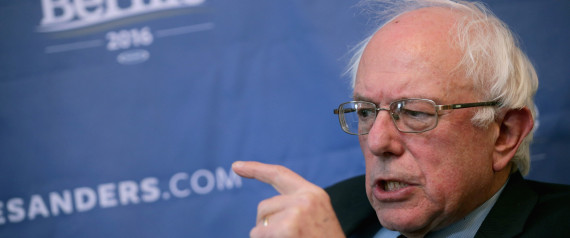OKLAHOMA CITY (AP) — Even as Oklahoma's economy was roaring thanks to an oil boom, Sarah Dougherty watched in disbelief as the Tulsa elementary school her children attend expanded class sizes and eliminated teachers because costly tax cuts and incentives ate up much of the surplus revenue.
State services — including education — are feeling the pinch.
"It's insanity land," Dougherty said. "It's demoralizing to live here and see that education is not a priority. These are our children and these are our neighbors. They need to make some changes."
When the inevitable bust followed, beginning last year, oil prices slid to the $40-per-barrel range, driving up unemployment and forcing several major energy companies to lay off workers. Dwindling revenue collections coupled with a flurry of tax cuts and corporate breaks punched a huge hole in the state's budget.
Besides the drop in per-pupil spending, the Tourism Department hiked fees at some state parks and state buildings fell further into disrepair.
"We didn't create the proper tax structure to protect us from this type of boom-and-bust cycle," said Rep. Scott Inman, D-Del City. "The Republican-led Legislature just randomly cut different taxes thinking we'd benefit from it."
The production of oil has been an integral part of Oklahoma history that predates statehood, and the Sooner State has grown accustomed to the cyclical boom-and-bust nature of the industry. Booms in the 1920s, 1950s and 1980s all were followed by a bust cycle that saw unemployment rise and state revenues shrink.
Some oil states, such as North Dakota, have squirreled away billions of dollars in oil and gas production revenue to help the state prepare for the bust cycle. That state's voter-approved Legacy Fund, which includes 30 percent of taxes from oil and gas production, currently has a balance of $3.3 billion. By comparison, Oklahoma's Rainy Day Fund, which already was used to fill a hole in the current year's budget, now has a balance of about $385 million.
With the ripple effect of low oil prices now leading to dwindling income, sales and energy production tax collections, the state is looking at a potential gap of as much as 10 percent of its $7.1 billion state-appropriated budget last year, possibly more.
Fallin's Secretary of Finance, Preston Doerflinger, agrees the state's fiscal situation is not a pleasant one but said state leaders are managing it appropriately. He also defended the push by Republicans to continue reducing the state's income tax.
"I think it's incumbent upon us to continue to keep taxes as low as possible," Doerflinger said. "I can debate whether it has come at a bad time, but we should be fortunate that people are facing a little less of a tax burden when we're facing what we're facing."
Supporters of reducing Oklahoma's income tax say the cuts make the state more attractive to business and industry and spur economic growth. They point to other cuts over the last decade that were followed by increases in income tax revenue collections.
But Oklahoma's Republican Treasurer Ken Miller, an economist who has long advocated for ensuring that tax cuts are revenue-neutral, chastised his GOP colleagues in the Legislature for creating a fiscal crisis that is "self-inflicted."
"Common sense dictates that until the state proves it can live within its means, it really should stop reducing them, yet some 'thinkers' continue to advocate eliminating the state income tax — even arguing that the state's largest funding source can be vanished without a replacement and still fund needed teacher pay raises," Miller wrote in a recent commentary. "This contention would be laughable if not so devastatingly irresponsible — considering current funding status of core services. But rather than rebuke this nonsense, many in positions of responsibility actually enable it through their silence or rhetoric."
The true depth of Oklahoma's budget hole for the fiscal year that begins on July 1 is not yet known, but early predictions estimate it could range anywhere from $600 million to as much as $1 billion.
While state lawmakers prepare to return to the Capitol in February to write a budget for the upcoming fiscal year, a group of business and education leaders is launching a signature drive to place a 1-cent sales tax on the ballot in November to fund public education. If approved by voters, it would increase Oklahoma's combined state and average local sales tax rate to 9.72 percent, the highest in the nation according to The Tax Foundation, a Washington, D.C.-based think-tank.
___
